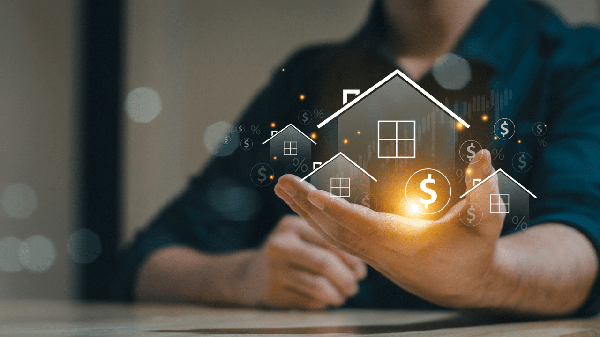Property management software (PMS) systems are sophisticated programs crafted to enable businesses to conduct their daily operations with greater ease and efficiency. These operations span a wide array of activities. Such software facilitates tasks like scheduling, organizing, monitoring occupancy levels, and managing accounts, among other functions essential to the seamless operation of a business.

As the business world increasingly aims to reduce its dependency on multitasking human workers—where errors are more likely to occur—automated solutions like property management software have become progressively popular. These software tools serve as centralized online systems that conveniently automate workforce operations, thereby enhancing overall efficiency. By streamlining the recording and utilization of data and simplifying task management, such software has become an invaluable asset.
Guidelines for Choosing the Best Property Management Software Tool
When embarking on the journey of selecting the most suitable property management software, it is vital to take into account critical factors that will help align the decision with individual business needs.
Determine the Specific Requirements
Before committing to a significant investment in property management tools, including the costs of purchasing, installation, and integration into existing operations, a crystal-clear understanding of unique business needs is imperative. This can be achieved by asking pointed, clarifying questions to pinpoint exactly what the business requires from the software. Does the software need capabilities for managing rent and leases? Is finance tracking or maintenance oversight necessary? Additionally, companies must decide if their focus is on residential or commercial properties and assess their needs for scalability. Once these elements are clearly outlined and matched by an appropriate tool, businesses can invest confidently, assured that the software will efficiently streamline their myriad operational tasks.
Assess Data Security and Privacy Features
One of the foremost reasons organizations adopt property management software is to enhance how they safeguard data. These digital systems provide superior security protections compared to what can be offered by human workers alone. The management of sensitive data, such as maintenance logs, financial information, and tenant records, is commonplace in property management, necessitating comprehensive data protection measures. This should include robust encryption protocols and regular data backups as a safeguard against breaches or data loss. Implementing multi-factor authentication systems is crucial for reinforcing security, and context-sensitive data protection protocols should be employed to shield both corporate and client data. The most advanced property management software solutions deliver strong data protection features, complete with strict access management controls.
Ensure Rapid Invoice Processing and Efficient Billing
In sectors like hospitality, property management tools are indispensable. For instance, hotels experience a constant influx of clients, which can overwhelm front-desk staff with the duties of invoice management and payment collection—tasks prone to error without automation. Fortunately, these software tools handle such roles with ease. A key feature to prioritize in a PMS tool is a user-friendly interface that eases the process of invoice creation and bill collection. If a tool’s interface is cumbersome, causing unwarranted delays, it is important for businesses to reconsider their investment.
Prioritize Easy Implementation and User-Friendly Design
Businesses generally prefer software that can be swiftly implemented and become functional within a short timeframe. Protracted installation and integration periods—especially those involving the alignment with existing systems and interfaces—may pose significant inconveniences. Ideally, the software should feature an intuitive interface that supports easy use across multiple departments, such as front desk and housekeeping. When property management software functions smoothly, it can significantly enhance a company’s productivity.
Features of Property Management Software Tools
Property management software tools come equipped with a myriad of features that make them indispensable resources across various industries.
Managing Rental Payments
These tools offer features that facilitate comprehensive management and tracking of rental payments. With these capabilities, business owners can efficiently monitor both upcoming receivables and payables, as well as any outstanding balances owed by tenants or clients.
Improving Customer Service
A significant benefit of property management systems is their ability to assist with tracking key dates, such as lease renewals and rent payment dues, thereby optimizing customer interactions and communications.
Accounting and Bookkeeping
Effective financial management is crucial for business success, and property management systems simplify these processes. They support the maintenance of accurate financial records, the creation of ledgers and balance sheets, and the execution of various financial tasks with precision.
Cost of Developing Customized Commercial Property Management Software
While unanticipated expenses may arise, the cost of custom developing property management software usually ranges between $40,000 to $250,000. This budget is influenced by factors like the quality of UI/UX design, features included, the technology framework used, and the location of the development team.
Prominent Property Management Software Tools
A variety of tools, including Rent Manager, Guesty, Rentec Direct, PayHOA, TenantCloud, and Buildium, are in widespread use across numerous industries. They facilitate a broad range of tasks such as managing short-term rentals, effective rent collection, managing tenant information, and overseeing comprehensive property maintenance activities.





